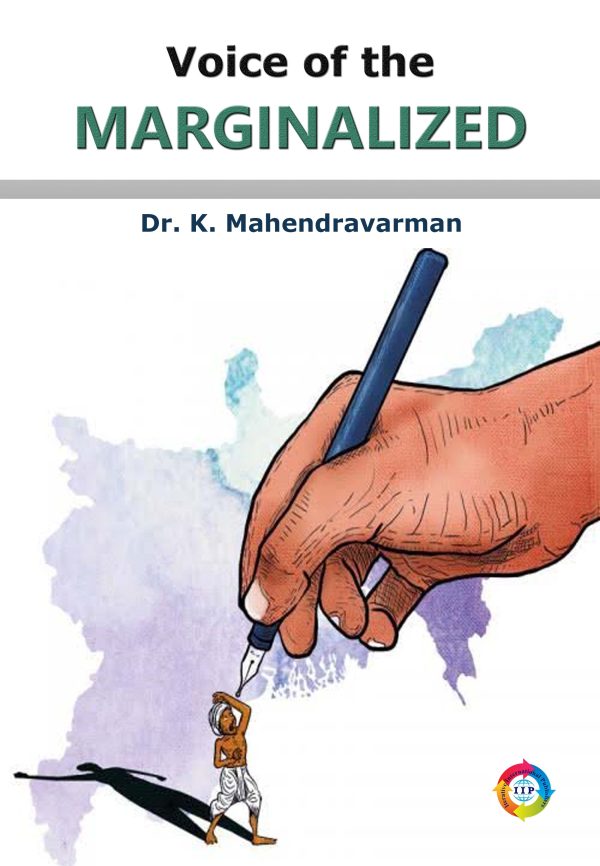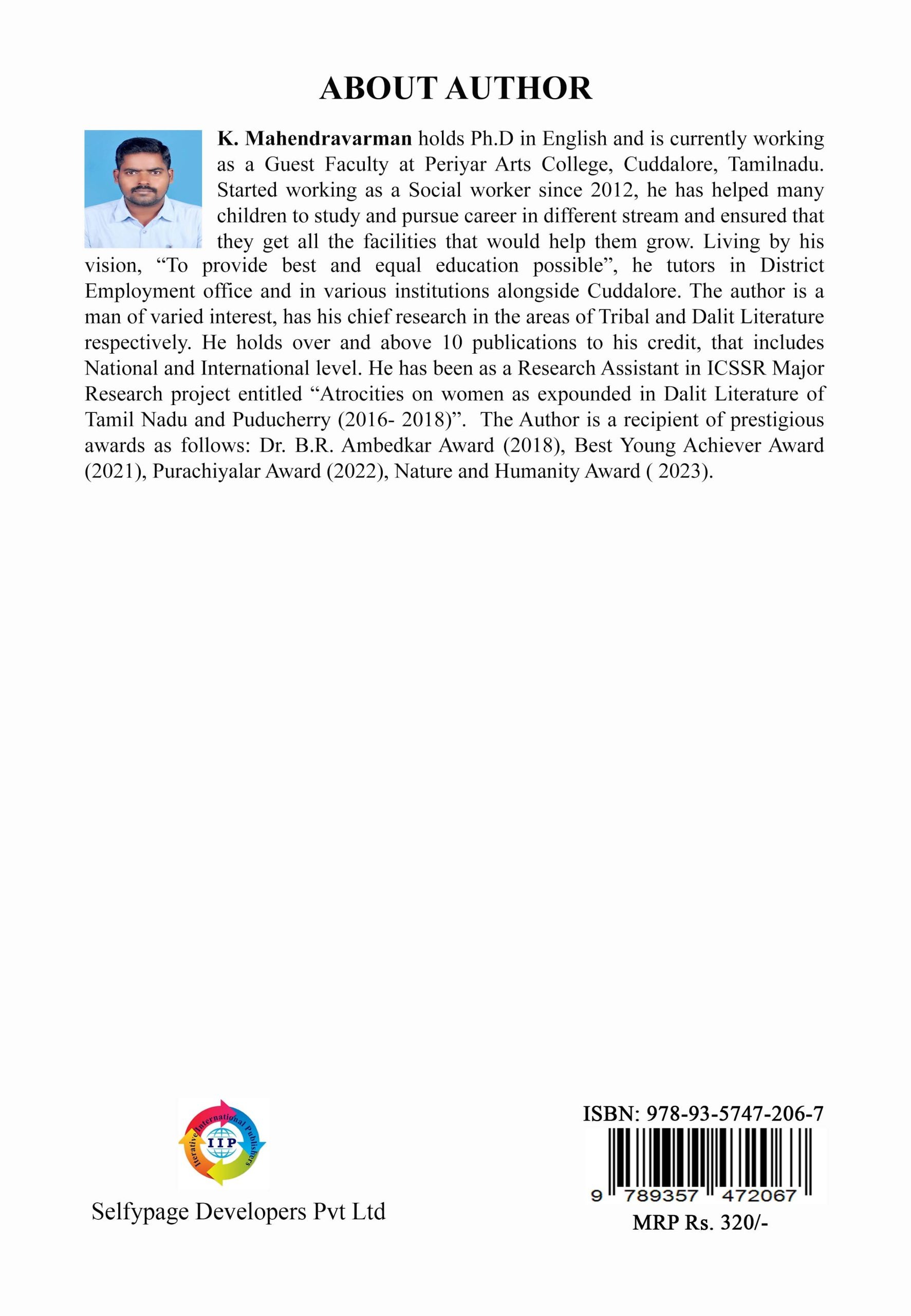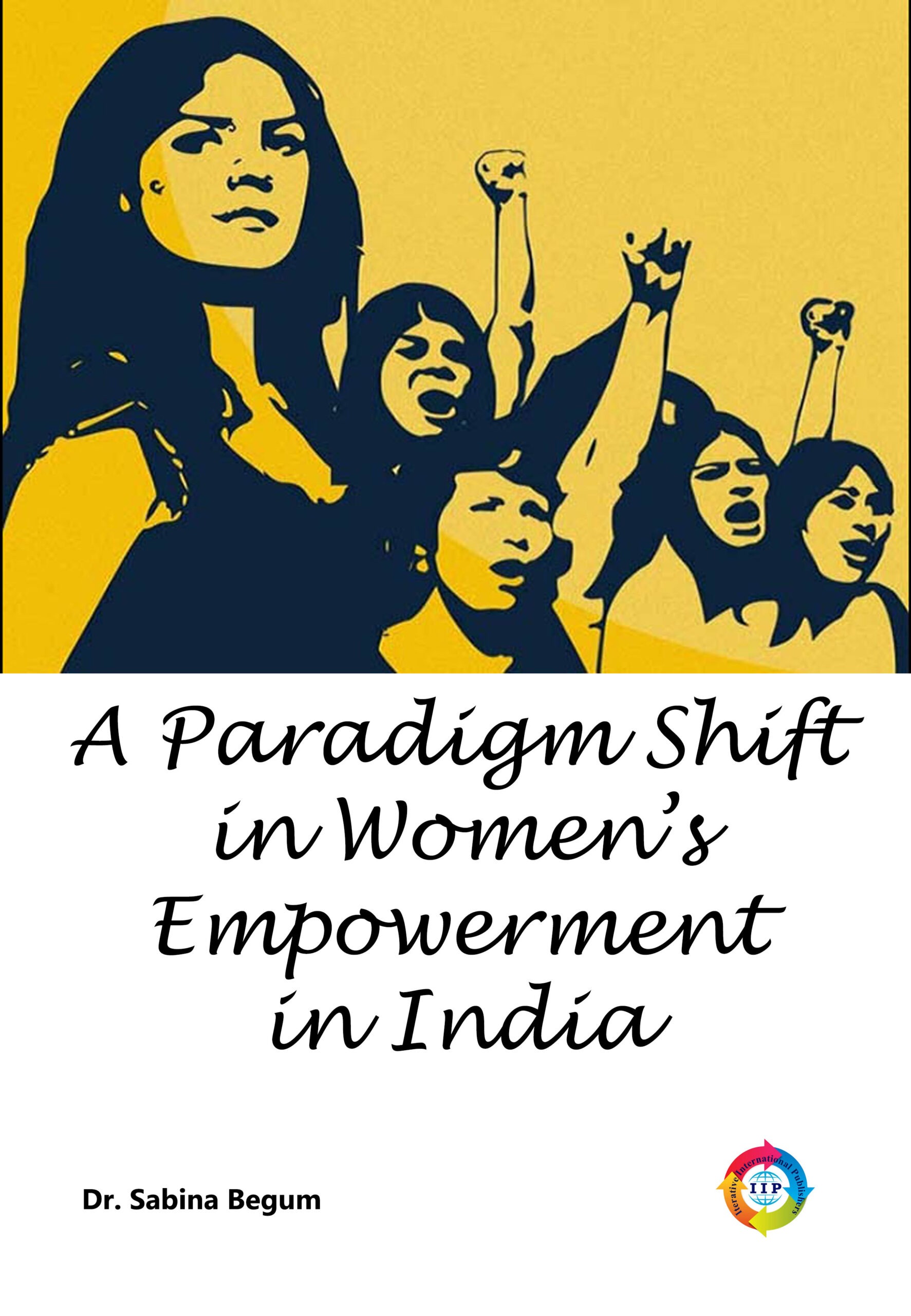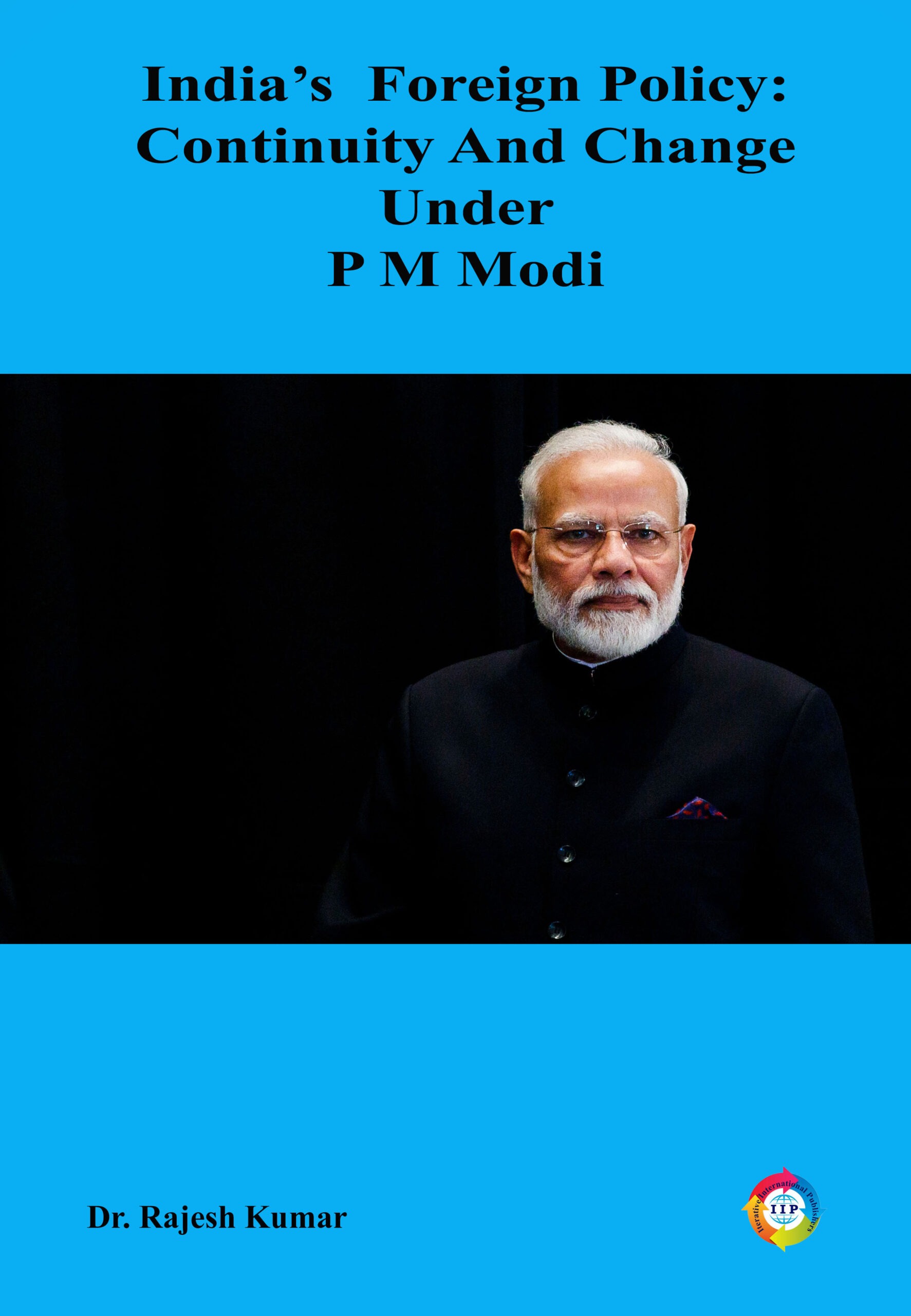I felt the need to write a text book on “Voice of the Marginalized” to fulfill the demands of modern research and course work on Tribals, Dalits and Aboriginal literature. This book will be useful to the researcher’s and students of various universities and College of India especially Tamil Nadu. The purpose of this book is to make the students cognizant of the social problems afflicting the Tribal and their voices registered in the different genres of English writings.
This book comprises the major social evils such as the caste system, superstitions, poverty, hunger, exploitation, social discrimination, communal frenzy and corruption in the bureaucracy. It portrays their reality of life in the caste and class ridden society. Tribals are increasingly marginalized groups of our society. Tribal Literature is an emerging discourse, which gives a new wave in the field of research and writing of 21st century language and literature. In tribal literature, there already exist few books in Regional language as well as in English.
Mahasweta Devi was a Bengali writer and activist who documented the struggles of Marginalized Dalit and Tribal communities of Bengal. Being one of the foremost writers in Bengali, Devi was an ardent fighter and her weapons were fiction and political writings. Known for her prolific writings, her impressive body of work includes novels, short stories, children‘s stories, plays and activist prose that she published between 1981 and 1992.
Mahasweta Devi is not only known for her political writings style but her immense contribution towards communities of landless labourers of Eastern India where she worked for many years. Her intimate connection with these communities allowed her to understand and begin documenting grassroots level issues, thus making her social –political commentator of the marginalized community.
Devi’s writings are peculiarly devoid of sentimentality. She does not tag at her readers emotions rather she is straightforward with her approach in talking about the life experiences of the marginalized. Her language is simply an ironic juxtaposition to the complexity of the issues. In fact, it is precise because she is talking about complex realities that she uses simple language to reach the reader. Her fiction allows the readers to look at cultural practices, social institutions, identity crises, sexual harassment and how they operate a space with different power dynamics. The arrangement of all these in her narratives comes together to display the exploitation of differences in caste, class and gender.









Reviews
There are no reviews yet.